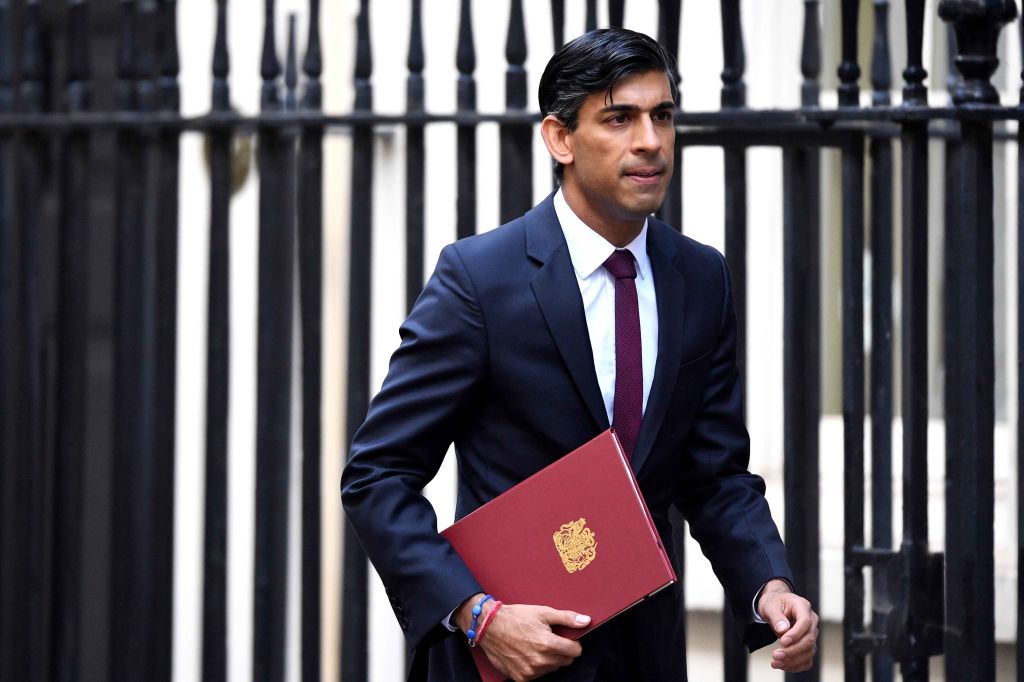When Philip Hammond delivered a notably parsimonious Spring Budget statement in 2017, his predecessor George Osborne put out a congratulatory tweet.
‘Well done Phil. Sound money and fiscal responsibility are the only secure foundations of a fair and strong economy,’ wrote Mr Osborne.
Hammond’s Budget took place on the tenth anniversary of a seminal speech made by Mr Osborne to the CBI. In March 2007, the then 35-year-old Shadow Chancellor told the gathered captains of industry:
‘I do not want any uncertainty over our commitment to Sound Money. We will not seek to spend our way out of Britain’s problems – that would simply make the problems worse in the long term.’
Unveiling three ‘Sound Money Tests’, Osborne made clear that unfunded tax cuts were off the agenda too and the Tories would not commit to spending more than Labour planned to in any Whitehall department.

Get Britain's best politics newsletters
Register to get The Spectator's insight and opinion straight to your inbox. You can then read two free articles each week.
Already a subscriber? Log in







Comments
Join the debate for just £1 a month
Be part of the conversation with other Spectator readers by getting your first three months for £3.
UNLOCK ACCESS Just £1 a monthAlready a subscriber? Log in